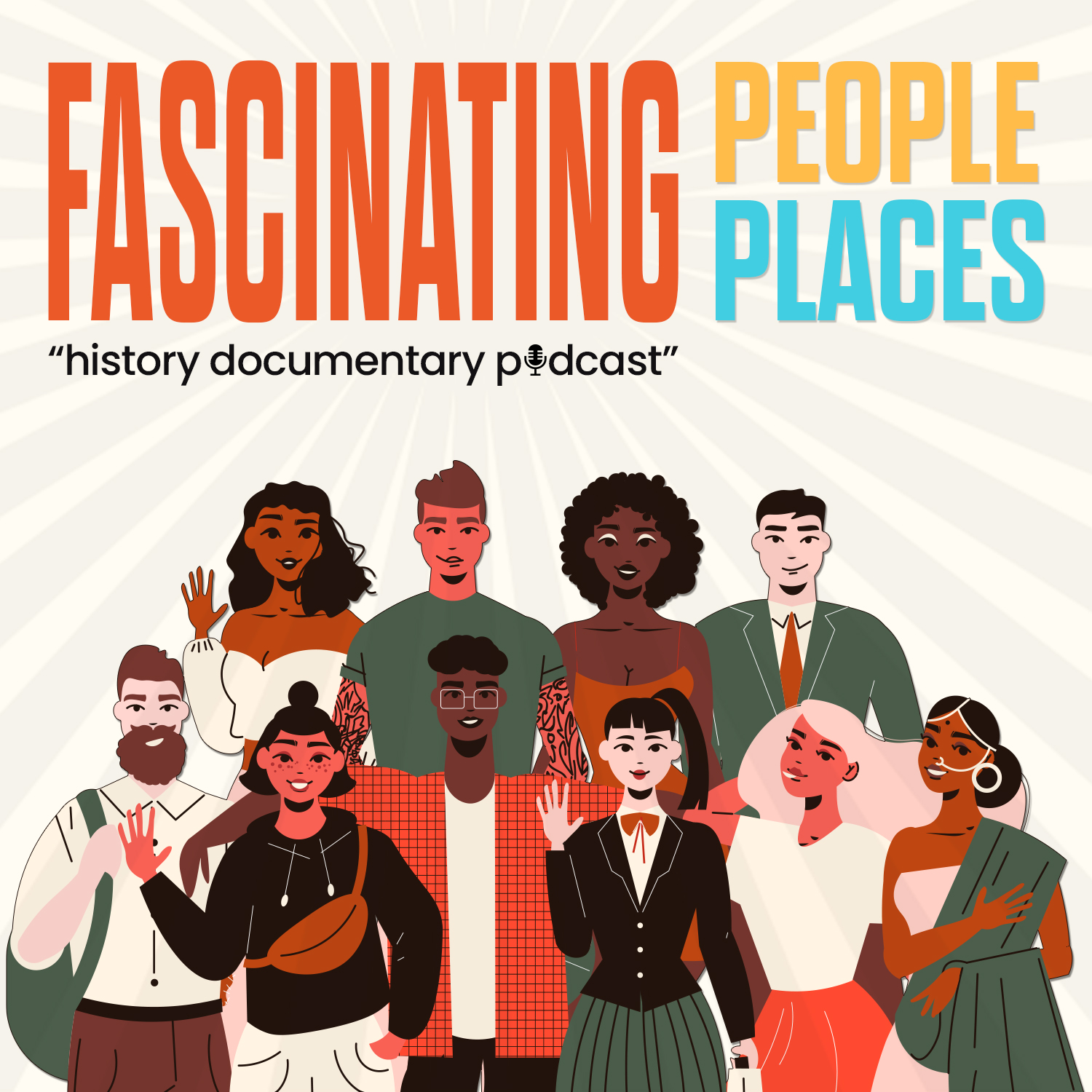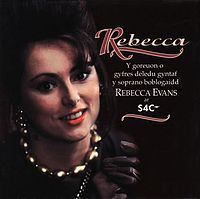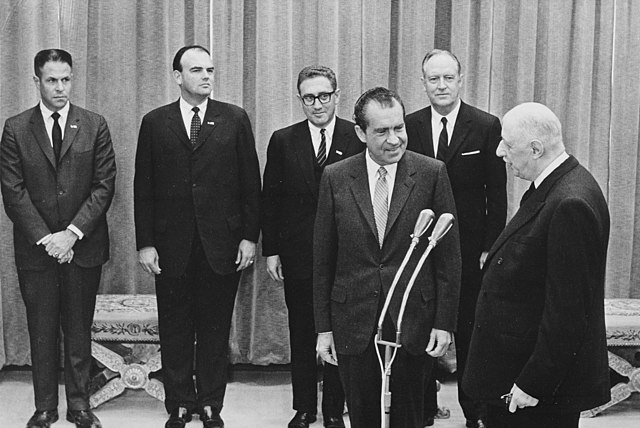The Borat movies were a fun but far fetched parody right? Think again. The Central Asian nation of Turkmenistan is currently ruled by the clownish Gurbangulyýewiç Berdimuhamedow and his son Serdar.
He has styled himself as an action hero. Unfortunately he isn't very good at racing, handling horses, firing guns, singing, dancing, weight lifting, rapping or any of the other "talents" he likes to demonstrate.
He is also a tyrant, presiding over an oppressive system of government that has seen untold numbers of political opponents thrown into horrific dungeons.
How did he get the job? Well because he was the dentist of his predecessor the equally bizarre Saparmurat Niyazov. Makes sense right? Of course it doesn't but it is true and my guest today -- revered journalist Bruce Pannier a fellow of the Foreign Policy Institute was in Central Asia when the USSR ended and this peculiar new system of government arose from its ashes.
We discuss Bruce's firsthand insights into the hermit-like nation. He shares amusing anecdotes about the seemingly insane rulers, and shares his thoughts on more serious topics including life for the Turkmen people, terrorism, and international relations.
Guest: Bruce Pannier is a Central Asia Fellow in the Eurasia Program at the Foreign Policy Research Institute and a longtime journalist and correspondent covering Central Asia. He currently writes Radio Free Europe/Radio Liberty’s blog, Qishloq Ovozi, and appears regularly on the Majlis podcast for RFE/RL. Prior to joining RFE/RL in 1997, Bruce worked at the Open Media Research Institute in Prague. In 1992, he led a sociological project in Central Asia sponsored by the University of Manchester and the Soros Cultural Initiative Foundation. During that time he lived in villages in Kazakhstan, Kyrgyzstan, Turkmenistan and Uzbekistan. Bruce studied at Tashkent State University in the summer of 1990 and studied at Columbia University under Professor Edward Allworth. Bruce has also written for The Economist, Janes Intelligence, Oxford Analytica, Freedom House, The Cairo Review, the FSU Oil & Gas Monitor, and Energo Weekly.
Music: Performed by Gurbanghuly and Serdar Berdimuhamedow -- yes the "rap" song is actually written and performed by the President and his son.
This episode is sponsored by World History Encyclopedia, one of the top history websites on the internet. I love the fact that they’re not a Wiki: Every article they publish is reviewed by their editorial team, not only for being accurate but also for being interesting to read. The website is run as a non-profit organization, so you won’t be bombarded by annoying ads and it’s completely free. It’s a great site, and don’t just take my word for it they’ve been recommended by many academic institutions including Oxford University. Go check them out at WorldHistory.org or follow this link: World History Encyclopedia.
Фильмы о Борате были забавной, но надуманной пародией, верно? Подумайте еще раз. Центральноазиатским государством Туркменистаном в настоящее время правят шут Гурбангулыевич Бердымухамедов и его сын Сердар.
Он назвал себя героем боевиков. К сожалению, он не очень хорош в скачках, обращении с лошадьми, стрельбе из оружия, пении, танцах, поднятии тяжестей, рэпе и других «талантах», которые он любит демонстрировать.
Он также является тираном, возглавляющим репрессивную систему правления, которая видела бесчисленное количество политических оппонентов, брошенных в ужасающие темницы.
Как он получил эту работу? Ну, потому что он был дантистом своего предшественника, столь же эксцентричного Сапармурата Ниязова. Имеет смысл, не так ли? Конечно, это не так, но это правда, и мой сегодняшний гость - уважаемый журналист Брюс Паннье, сотрудник Института внешней политики, был в Центральной Азии, когда СССР распался и из его пепла возникла эта своеобразная новая система правления.



